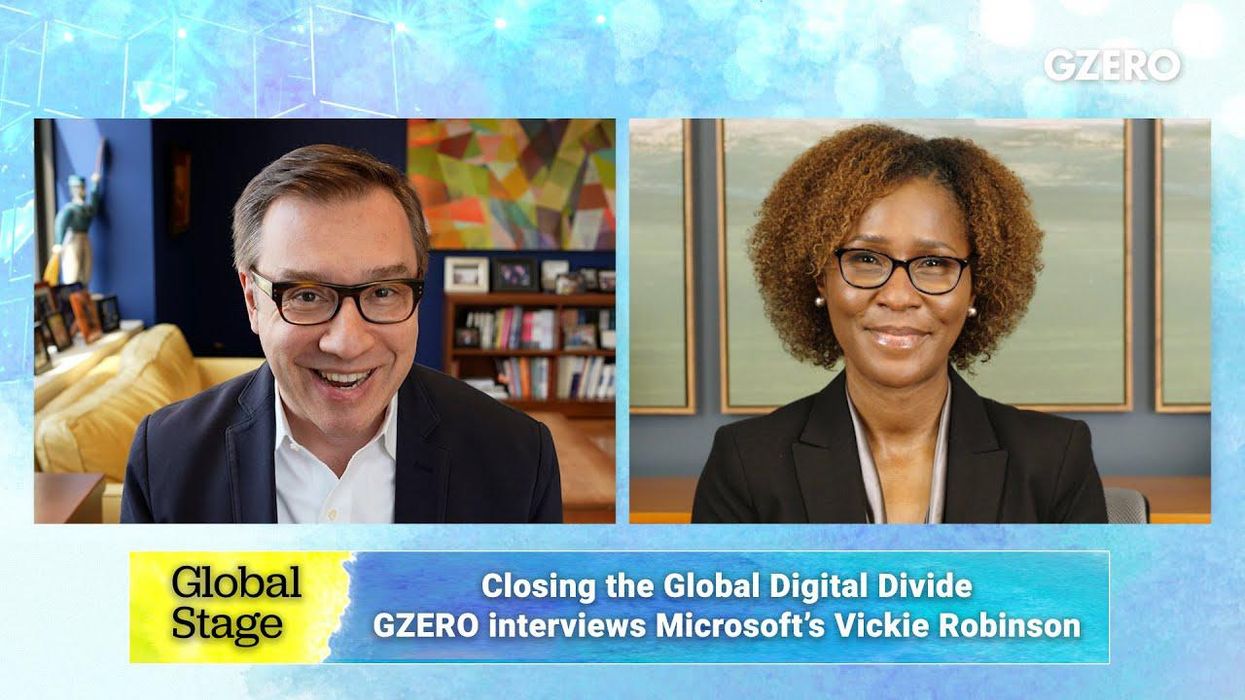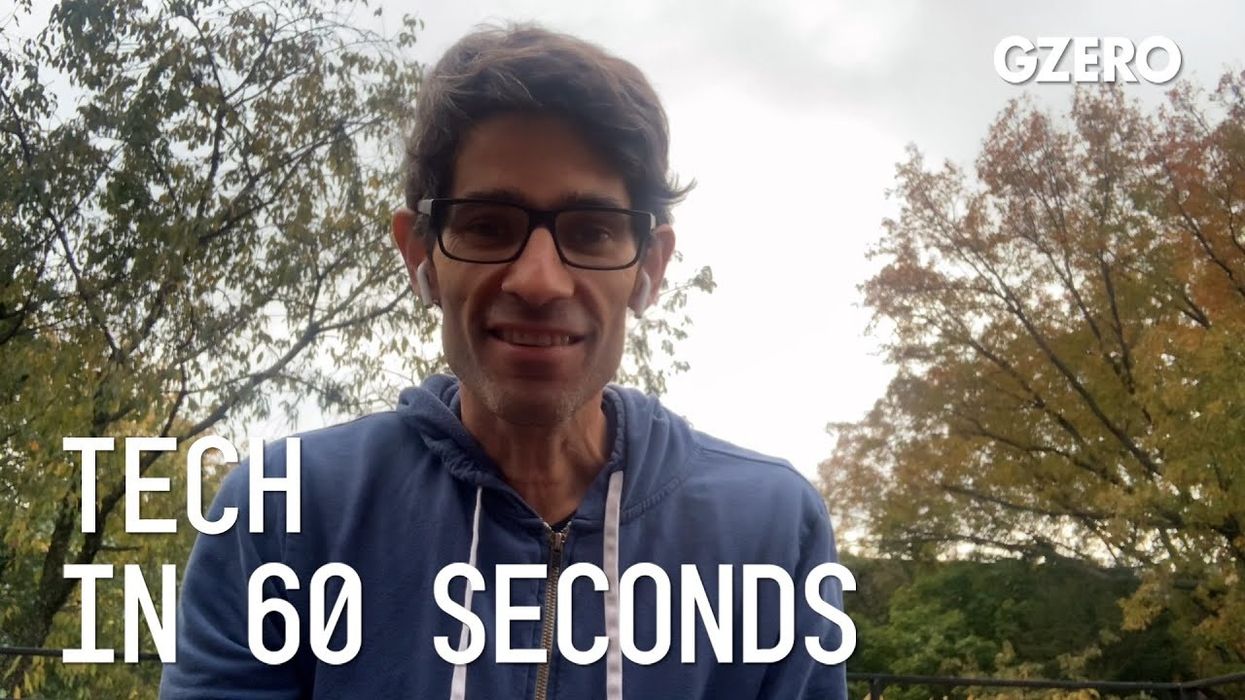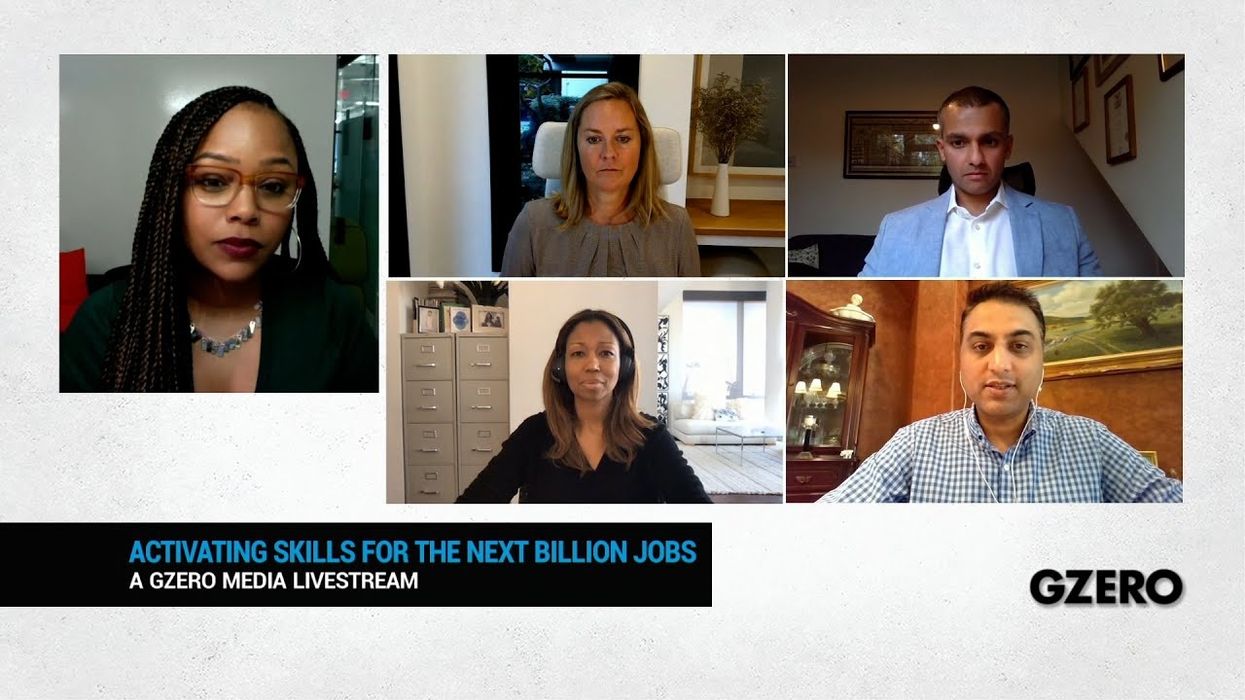Crisis Recovery
How to get students back on track after the Great Education Disruption
As the 77th UN General Assembly gets underway, a look at how the pandemic wiped out years of progress on ensuring inclusive and equitable quality education and promoting lifelong learning opportunities for all. COVID disrupted the lives of some 1.6 billion students around the world. How can we get education back on track before it's too late? Experts weighed in during the Global Stage livestream conversation "Transforming Education" hosted by GZERO Media in partnership with Microsoft.
Sep 16, 2022




